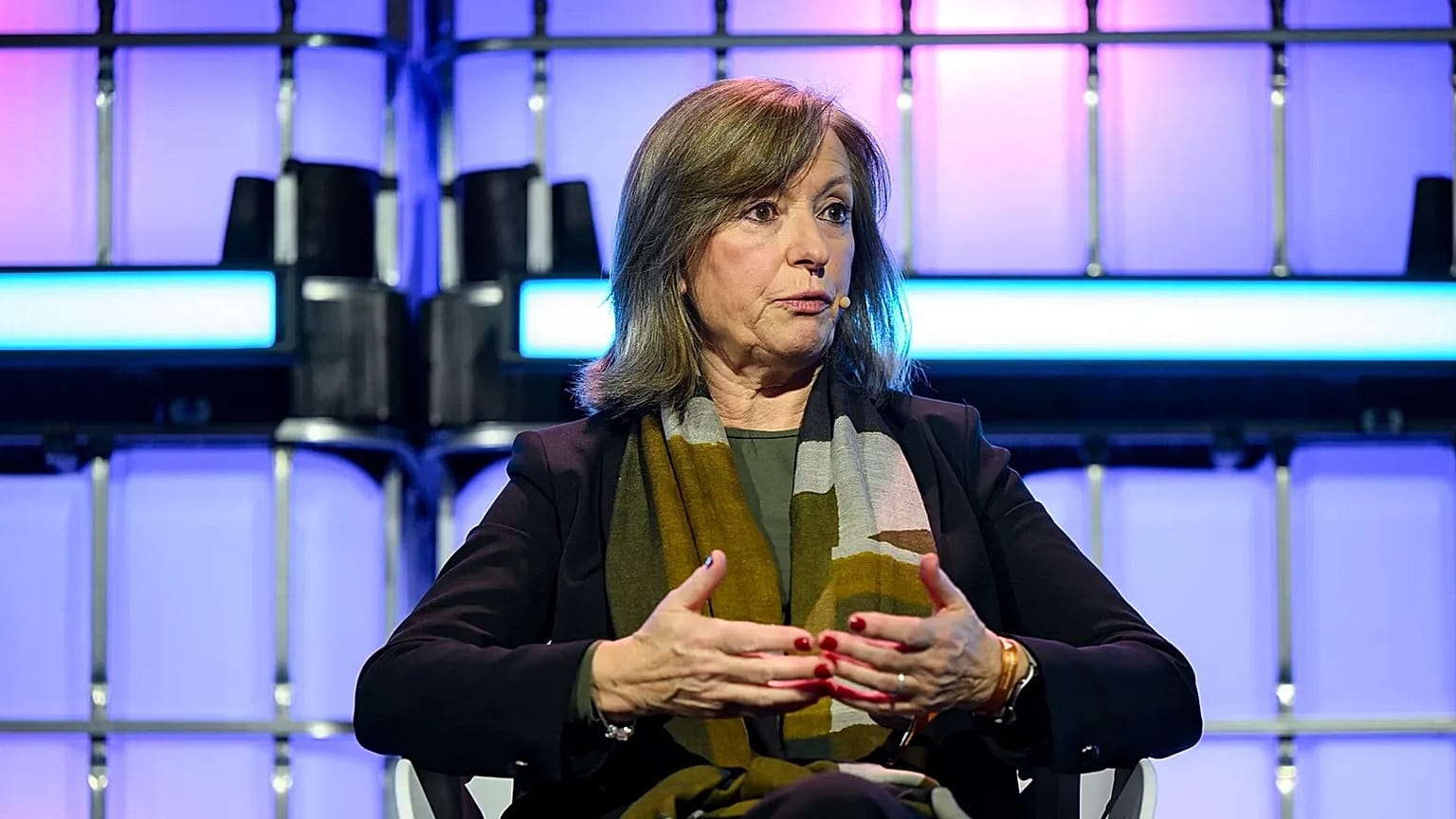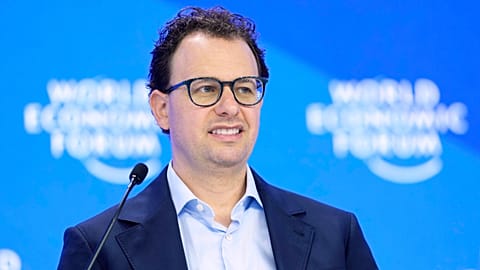Luísa Proença, deputy national director of Portugal's judicial police, told Euronews that technological innovation and country cooperation will be needed to respond to modern cyber threats.
Cybersecurity was top of mind among at the first day of the Web Summit, a major tech conference in Lisbon.
Luísa Proença, deputy national director of the Judicial Police in Portugal, told Euronews that given technological upheavel and war raging in Eastern Europe, there are "new threats" but also "new opportunities" in cybersecurity.
Police agencies must now "focus a lot on innovation, technology, partnerships with the private sector, with universities, with academia, with industry in general, but also with civil society, with local communities, with citizens, so that it can better understand what is happening," Proença said.
The most recent technological advances have meant that the critical infrastructures of the various European Union countries, as well as the national authorities themselves, are increasingly interconnected.
"The fact that organisations are more connected brings us, on the one hand, a risk that is also connected, because when there is an incident at one point, it will naturally have repercussions at other stages in the chain," warned Proença.
However, she added, it also makes it possible that when it is resolved, it happens on a "larger scale," with impacts that end up covering a greater number of countries at once.
There are therefore several challenges, she said, including ensuring law enforcement is properly trained to handle these risks and setting up prevention efforts.
"People are the main weak points in the middle of this chain" of security risks, Proença. said. "Literacy is absolutely fundamental and each one of us is a vulnerable point," she added, noting that schools should engage young people on these issues.
Coordination at European level is therefore a key element to remember when building Europe's "digital immune system".
"We're all working together to understand, globally, what these threats are and what we might feel in Portugal" and across Europe, she said.
Another way of responding to the problem could be to invest in Europe's strategic autonomy: "This investment that Europe is making in technology must be maximised, it must also be translated into European solutions. I'm not saying it means 'closing off' Europe, from a technological point of view, that doesn't happen," Proença said.
"But [the solution] is really to reduce the dependence we have, and we in Europe have a lot of technological capacity, we have brilliant brains, we have top universities, so I think we're on the right track to achieve that strategic autonomy that makes us stronger and less vulnerable to attacks from outside".
Regarding the main challenges currently affecting the European bloc more broadly, Proença cited criminal networks that take advantage of migration, the result of "very fragile communities that easily fall into the hands of organised crime groups".
She also flagged the sexual exploitation of children, drug trafficking, money laundering, and crypto-based financial crimes that end up "financing terrorism".
In the face of a digital environment that "has no borders," Europe should establish "more secure communications" and become more "resilient" to digital threats, Proença said.
Even so, compared to past times, "Europe is certainly better prepared," due in part to regulation, she added.
Even so, Proença said the European Union will need to keep forging ahead to respond adequately to all these threats.
"We will never be fully prepared, but at least we are aware of the risk and we are working towards being more and more capable," she said. "And I don't know if we'll ever be [prepared], because technology is always evolving, crime is always evolving, changing".


















